Last Updated on January 20, 2026
Ever since reading Torre De Roche’s book Swept – Love with a chance of drowning, in which the author and her boyfriend set off to sail across the Pacific from Mexico to Australia, I’ve seen sail boats in a different way. I’ve been on many boats, from small fishing boats and catamarans to ferries and cruise ships, and learning to sail would be just the right quest for me (to be able to sail around the world!).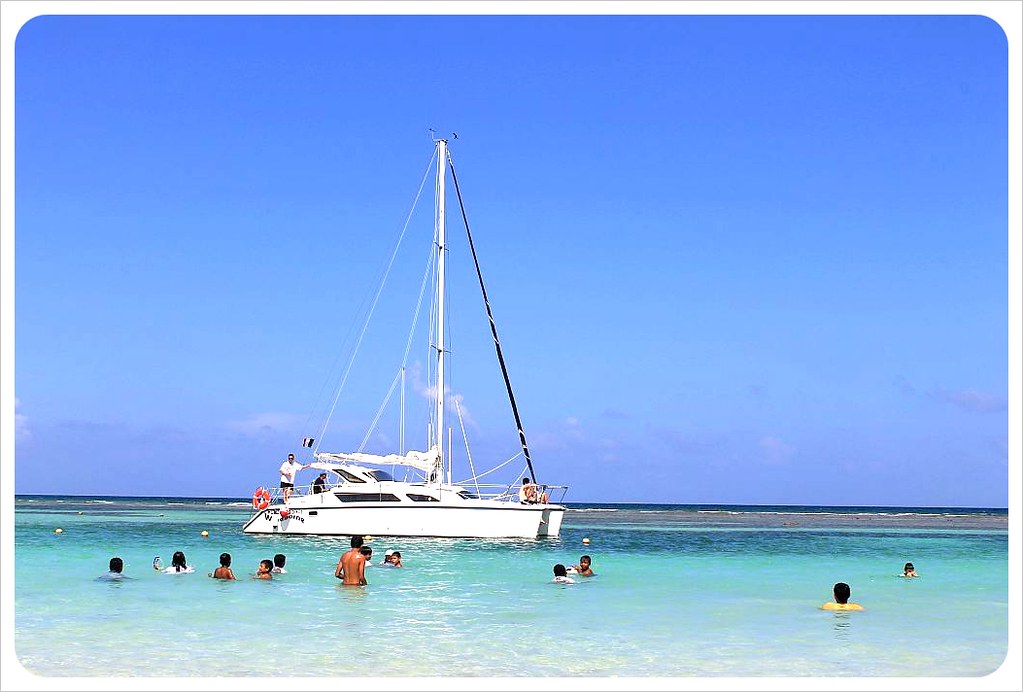 So every time I talk to boaters I ask them all about their boats. Is it hard to learn navigating it? Is it hard to learn all the theoretical stuff about how to know where you are, where to go, when to set sail, and of course the costs involved in buying a boat, maintaining it and docking in a port.
So every time I talk to boaters I ask them all about their boats. Is it hard to learn navigating it? Is it hard to learn all the theoretical stuff about how to know where you are, where to go, when to set sail, and of course the costs involved in buying a boat, maintaining it and docking in a port.
While all this is very intriguing to me, I have to admit that the most important thing for a boat trip is still missing: the right person to do it with! For now, this is still a dream, and but I am starting to collect information about everything that’s involved in buying and owning a boat – so today I am sharing my quick guide on everything that should be considered when buying a boat to sail the world: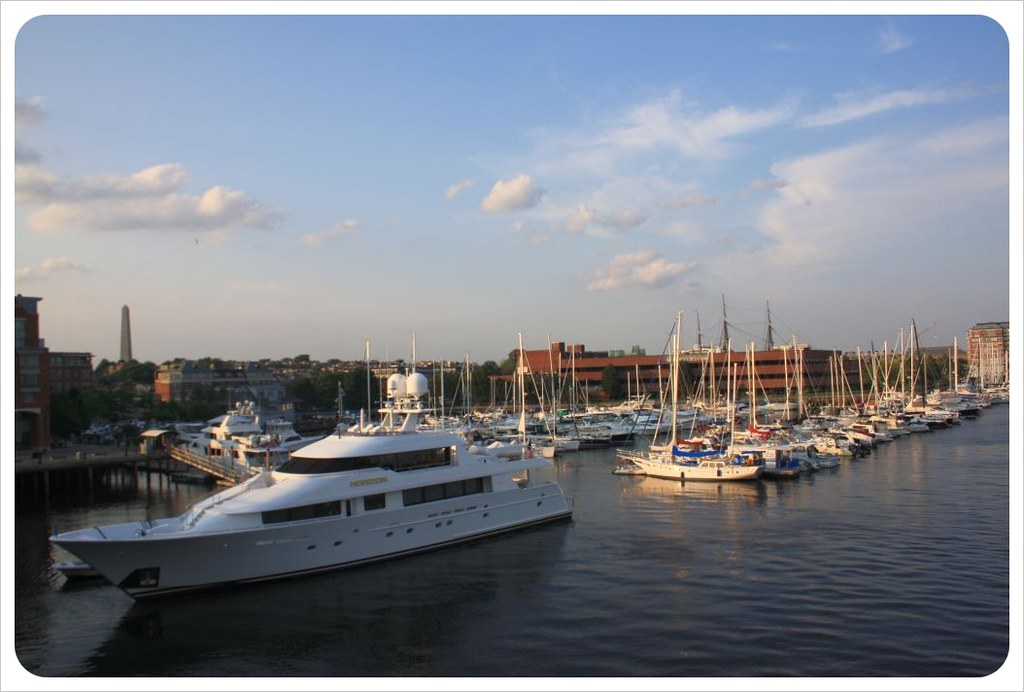
Things to know when buying a sail boat
New or used?
This is the most important question when purchasing a boat. Obviously, the price difference between a new and a used boat is huge, and most people can’t afford forking out half a million dollars for a sparkling new boat. Especially for first time boaters, it’s advisable to start with a used boat because things will go wrong, things will break, and a first big trip on a brand new boat is much scarier than a practice run on a used one.
In fact, 80% of boat owners own a used boat, not a new one. After that, you can consider new Cigarette boats or Riviera boats for sale. The Riviera boats are made using high-quality materials and cutting-edge building processes with innovative technology and high-performance capabilities.
The purchase
The best advice I can give you is to go boat shopping with a qualified marine surveyor. Make sure that they’re really qualified and not just call themselves marine surveyor and ask around for recommendations for good marine surveyors in your local marina, in online boating forums or Society of Accredited Marine Surveyors (SAMS) as well as the National Association of Marine Surveyors (NAMS) websites.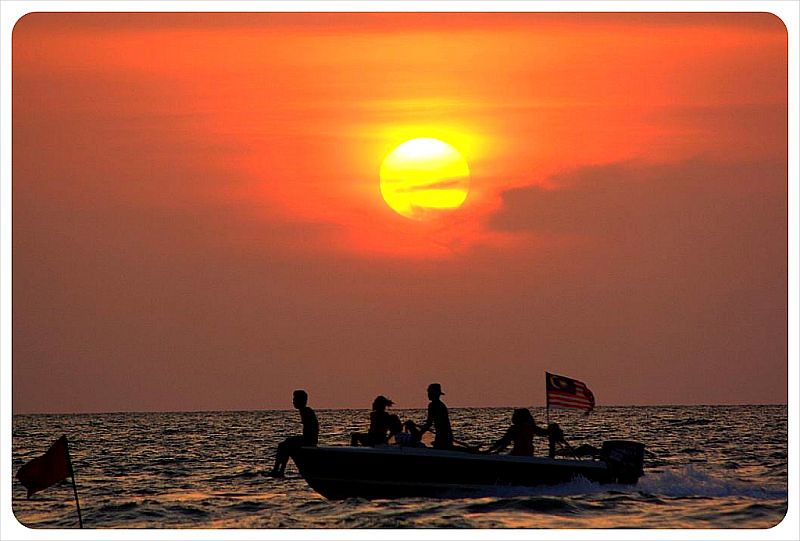
Why go with a professional?
Unless you’re an expert in boating questions and have an eye for possible anomalies, it is possible that as a new boater, you might be ripped off, or that you simply overlook certain faults due to your lack of expertise.
Take mechanical shaft seals for example. They are used in places where toxic or corrosive fluids are used, like pumps, powered vessels or compressors, and need to be designed to resist extreme temperatures and changing weather conditions at sea. But how much does an ordinary person know about PSS mechanical shaft seals? You probably don’t know that leaking in the propeller shaft leads to propulsion issues, ruining the vessel.
And that’s exactly why you have to take a professional with you. A qualified marine surveyor is trained to look at exactly those things – technical equipment you might never heard of, can’t judge the condition of, and most likely don’t even know the correct technical term of.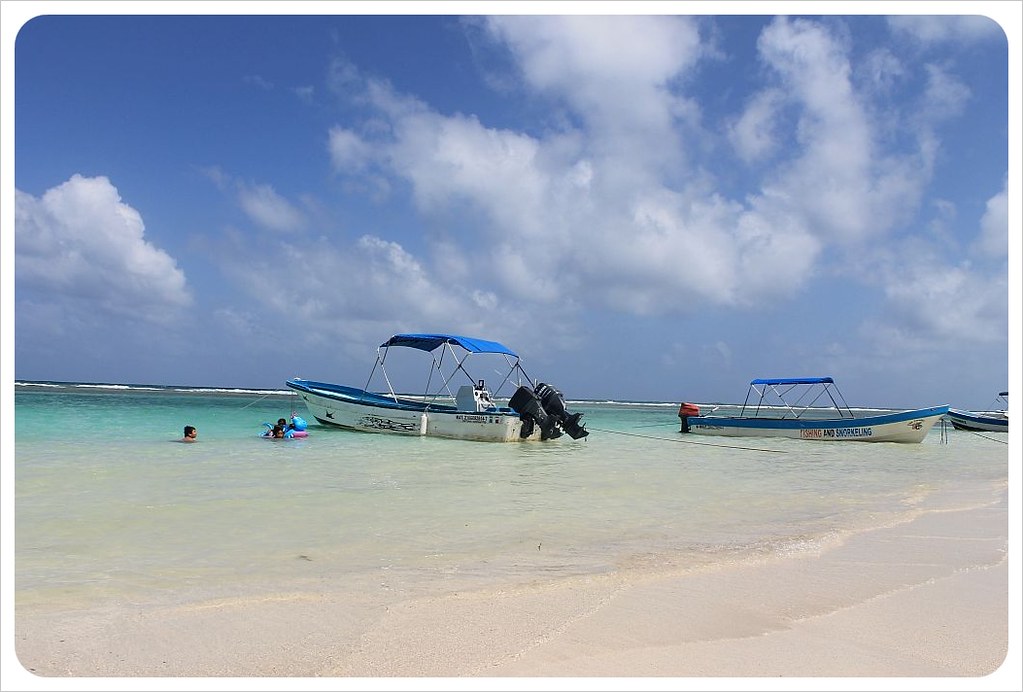 A marine surveyor is an additional cost, but absolutely worth the investment. He will check all the little details of a boat for you, like the oil which, felt with your fingers, can tell much about its condition: the color, the smell and if there is any grit. Most ordinary people wouldn’t think to do that. Another thing is tapping the hull with a rubber hammer to hear voids in the fiberglass, which indicate repairs that the current owners have not mentioned to you.
A marine surveyor is an additional cost, but absolutely worth the investment. He will check all the little details of a boat for you, like the oil which, felt with your fingers, can tell much about its condition: the color, the smell and if there is any grit. Most ordinary people wouldn’t think to do that. Another thing is tapping the hull with a rubber hammer to hear voids in the fiberglass, which indicate repairs that the current owners have not mentioned to you.
The other benefit of bringing along a professional is their trained eye for all other features that need to be checked before agreeing to a purchase. These can be arbitrary things like water lines on the engine – a sign that the boat took on water at some point. Or how easy the steering is, in what shape the upholstery is, if the transmission shifts easily,
In addition, a professional’s trained eye can tell much better if the boat comes with all required documents, is legal and has the correct title and registration, and what has been recorded with regards to the boat’s maintenance over the past few years.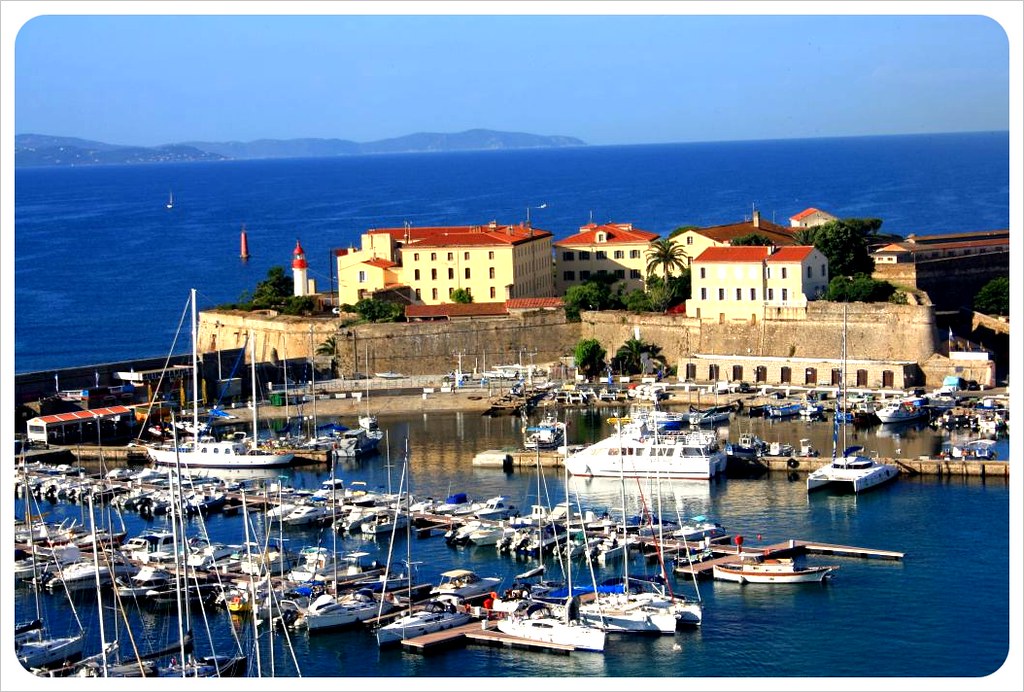 Tip: If you are buying a used boat, try to find a good deal on a boat that is less than three years old. That way, it is in an almost brand new condition and possibly still has warranty.
Tip: If you are buying a used boat, try to find a good deal on a boat that is less than three years old. That way, it is in an almost brand new condition and possibly still has warranty.
Make sure to check the quality of all the components, starting from door locks that might be of subpar quality or weak windshields. If a deal on a boat seems to be too good to be true, then it’s probably exactly that: too good to be true. Cheap equipment is likely to break quickly, leaving you with unexpected repair costs or the headache of how to fix something while you’re out at sea, maybe weeks away from the closest boat repair shop.
Practicalities for buying a sail boat
Since you’ll be taking the boat around the world, it is important to check the practicalities – this is where you have to do the thinking, too, and not just let the marine surveyor think for you, because it is you who’ll be using the boat on a daily basis. Check things like storage space and storage compartments, comfort of things like sitting areas, kitchen and legroom when using the controls. How easy is it to reach items, how easy is it to check things like power steering fluid levels or oil dipsticks – things that have to be checked on a regular basis but can be a pain to get to if the boat is constructed in an impractical way.
Test the boat
If you have found a boat that has everything you’re looking for and is approved by your marine surveyor, it’s time to go for a test run on the water. When testing the boat, make sure to test low-speed and high-speed maneuverability, easy-shifting engine controls, listen for odd sounds and test the noise levels of the engine,
Consider additional costs
When you find the boat of your dreams, there is one more thing to consider before handing over the money: maintenance costs for the boat. Many boats can be bought for less than what their annual maintenance costs are – don’t forget to consider things like: fuel, dockage fees, boat insurance, possible crew salaries and of course repairs and maintenance like an oil change or fresh paint.
In addition, you might still need to invest in things like a distress signal kit, safety gear, a fire extinguisher, safety whistles, a radio system and a GPS, which can add up quickly.
I hope you found my quick guide on buying a boat helpful. For further reading on this topic I recommend the comprehensive series of articles on how to buy a boat by Boating Magazine.






Andre Beluchi
Wednesday 17th of February 2016
Dani, great guide that you mentioned on buying a boat. It sure got me thinking about the trip that an uncle of mine invited me to. He talked to me about taking me to buy a small boat to take for a cruise.
Quick guide to boating: The three most common issues and how to fix them | GlobetrotterGirls
Thursday 14th of May 2015
[…] sharing everything you need to know before buying a boat to sail around the world, it is time to look at the most common issues that can come up when […]
Melody
Sunday 10th of May 2015
I know exactly what you mean… I've always been lured by the romanticism of boats and the idea of a long trip across the oceans… I also read and loved that book. There's something about looking out and only seeing water and the horizon for weeks/months on end, of being totally at the mercy of rolling waves and crashing storms… Another great article, thanks Dani :)
Dany
Thursday 14th of May 2015
Thanks, Melody! A sailing trip is definitely on my travel bucket list :)